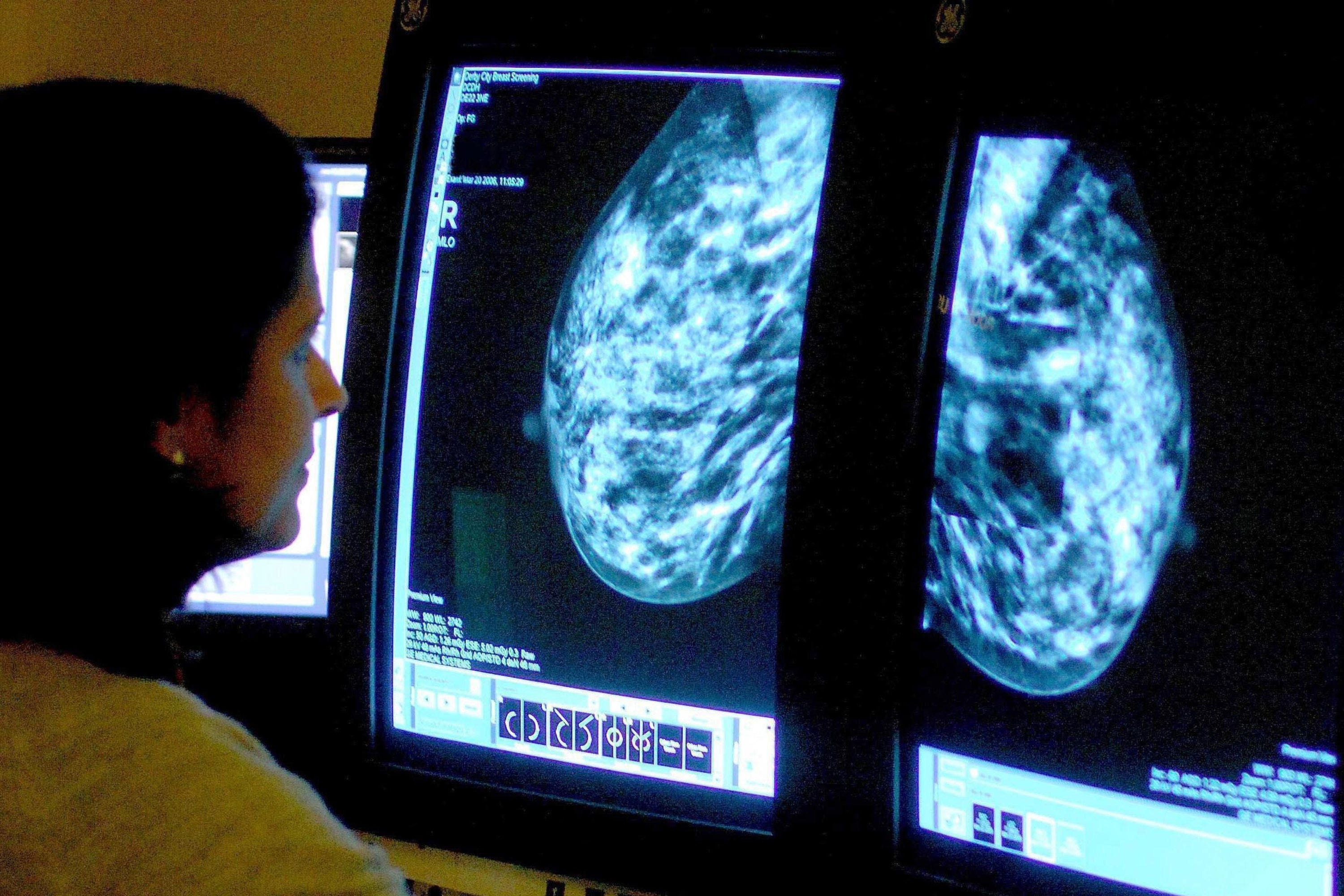Gene mutation which increases cancer risk linked to Orkney islands
Geneticists from the Universities of Aberdeen and Edinburgh have linked a variant in the gene BRCA1 to a historic origin in Westray, Orkney.

Your support helps us to tell the story
From reproductive rights to climate change to Big Tech, The Independent is on the ground when the story is developing. Whether it's investigating the financials of Elon Musk's pro-Trump PAC or producing our latest documentary, 'The A Word', which shines a light on the American women fighting for reproductive rights, we know how important it is to parse out the facts from the messaging.
At such a critical moment in US history, we need reporters on the ground. Your donation allows us to keep sending journalists to speak to both sides of the story.
The Independent is trusted by Americans across the entire political spectrum. And unlike many other quality news outlets, we choose not to lock Americans out of our reporting and analysis with paywalls. We believe quality journalism should be available to everyone, paid for by those who can afford it.
Your support makes all the difference.One in a hundred people with grandparents from Orkney have a gene mutation which increases the risk of breast and ovarian cancer, researchers have said.
The findings by geneticists from the universities of Aberdeen and Edinburgh are being outlined to residents of Westray on Thursday evening, with those present set to be told that scientists had linked a variant in the gene BRCA1 to the island.
Researchers spotted the gene variant repeatedly in women from Orkney with the cancers, and clinical genealogy proved that patients with the variant had family roots tracing back to Westray.
It is likely to have come from a founder individual from the island at least 250 years ago, the paper published in the European Journal of Human Genetics said.
Professor Zosia Miedzybrodzka, director of NHS North of Scotland Genetic Service, said: “Developing cancer is not solely down to carrying the BRCA1 variant alone.
“There are many complex factors, and some people with gene alterations will not get cancer.
“However, we know that testing and the right follow-up can save lives.”
Now planning is under way for a trial scheme, organised by NHS Grampian and funded by cancer charity Friends of Anchor, which will offer testing for the gene variant to anyone living on the small Scottish island with a Westray-born grandparent, regardless of a family history of the diseases.
If the pilot is successful, the long-term aim is to offer a test to everyone in Scotland with a Westray-born grandparent if they wanted one.
Prof Miedzybrodzka said because it was hereditary, the gene variant could affect multiple members of families.
“Risk-reducing surgery, breast screening with MRI from age 30, and lifestyle advice can all improve health for women with the gene,” she said.
“Men do not need to take any particular action for themselves, but they can pass the gene onto female descendants.”
Everyone has the BRCA genes, but not everyone has mutations in them.
Hollywood star Angelina Jolie underwent a double mastectomy after she discovered she carried a faulty copy of the BRCA1, leading to the greater awareness of the gene defect.
She lost her mother to ovarian cancer, and carrying the faulty gene put her at very high risk of getting both forms of the disease.
Around one in 1,000 women across the UK have a BRCA1 variant giving, but most breast and ovarian cancers happen due to chance damage to genes.
More than 2,000 volunteers took part in the research and gave genetic data to Orkney Complex Disease Study, known as Orcades.
It is part of the Viking Genes project, which aims to discoverer the genes and variants that influence the risk of disease.